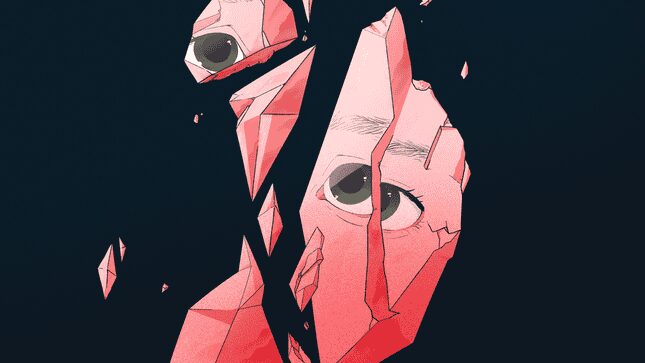Selfish
Latest
Illustration: Chelsea Beck
“I feel like my whole life is a question,” I declared dramatically to a group of strangers one night in early June, as I balanced awkwardly on a fat millennial pink pillow. Around me was a group of mostly women who’d paid $108 to participate in a “medicine reading ceremony” in SoHo, a neighborhood I don’t typically associate with relaxation or healing. The ceremony, explained on the website as “a bespoke blend of ancient healing traditions crafted for our modern life,” was hosted by Mama Medicine, also known as Deborah Hanekamp, whom Vogue has described, with its usual lack of irony, as “one of fashion’s favorite healers.”
When we entered the bright Instagram-ready room, the stunningly beautiful Hanekamp and her stunningly beautiful apprentice, Luciana Naclerio, were meditating (reading our collective energy, we later learned). Naclerio’s eyelids flickered delicately. Crystals lined the shelves, and a candle, surrounded by flower petals, was burning in a white bowl in the center of the white floor. We were seated in a circle on pillows placed atop heated amethyst biomats—I am unable to authoritatively describe what these exactly are or do, but can provide you with this link—and were each given a labradorite crystal, a small bottle of body oil, a blanket, and an eye mask. I sniffed my spicy “root chakra” essential oil blend. It smelled good.
A certain level of necessary skepticism has been beaten into me over the course of my writing career, but when it comes to my personal wellbeing, I remain radically suggestible.
I’d be lying if I said this was my first dance with high-end spirituality. My decision to attend was born less of a desire to reveal some crucial truth or incongruity—the over-the-top indulgent signals of Mama Medicine’s packaging have already attracted enough sneering reporters to her circle—than to test my own reaction. A certain level of necessary skepticism has been beaten into me over the course of my writing career, but when it comes to my personal wellbeing, I remain radically suggestible. After a Vanderpump Rules cast member’s publicist told me about her positive experience with ayahuasca, I briefly but seriously considered going off antidepressants so that I, too, could absorb the wisdom of the plants. I am still vaguely open to the idea that the rose quartz crystal I bought after the election has the power to bring me lasting love and happiness. I once had my energy field rehabilitated by a radiant woman who I am certain was a benevolent witch (“It’s covered in soot and a little bit ripped,” she told me grimly) and spent the next 48 hours floating around the city in a horny golden orb, convinced I’d been fixed for good.
There are reasons for this desperate optimism, even if they are not particularly groundbreaking ones. I’ve struggled with clinical depression and anxiety for a long time. Since a startling brush with violent suicidal ideation at age 12, the isolating and sadly crucial science of preventing myself from lying on the floor in a fetal position and never getting back up has been my life’s most invisible work. As a result, I think about myself more often than is comfortable to admit in a time of intensifying national crisis—correcting thought patterns, wondering if my therapist thinks I’m awful, musing over which brand of Siberian herbs to purchase on Amazon, obsessing over social interactions, searching unendingly for the hobby or adventure or haircut that will finally dissolve the gray fog that’s stalked me for 15 years. It gets boring. I’d always expected to be interesting. But for the growing number who are prone to feeling bad, the pursuit of feeling better can become its own religion.
-

-

-

-

-

-

-

-

-

-

-

-

-

-

-

-

-

-

-

-

-

-

-

-

-

-

-

-

-

-

-

-

-

-

-

-

-

-

-

-








































